Residential grinder pump systems require regular maintenance. A professional plumber should inspect and service the system, clean components, test its operation, and address any issues.
A control panel is often installed inside the home to monitor and operate the grinder pump. The control panel may also feature an alarm system to alert homeowners of potential problems with the system.
Prevent Clogs and Breakdowns
Grinder pump systems are designed to operate with minimal homeowner maintenance, but a little can go a long way to keep the system running smoothly. It’s important to avoid flushing inappropriate items that could cause clogs, such as wipes, grease, diapers, paper towels, feminine hygiene products, and excessive amounts of toilet paper. Educating household members about proper waste disposal can significantly reduce the risk of clogs and other problems.
Unusual noises from your grinder pump may indicate worn components that need replacement. Contact a professional grinder pump repair NYC specialist to inspect and repair the pump if you hear grinding, squealing, or rattling sounds.
Regular inspections by an experienced plumber can identify and address minor issues that can lead to significant failures. They will check the condition of the control panel and alarm system, clean the pump chamber, lubricate components, test operation, and address any clogs or blockages that need to be addressed.
Ensure the System Functions Properly
Maintaining the longevity of your grinder pump requires not just appropriate usage but also routine maintenance. This includes a regular schedule of visits by a professional plumber to inspect and clean components, test the system, and address any issues that may arise.
A control box, a pump, and a holding tank comprise a grinder pump system. Waste from sinks, toilets, and appliances flows into the tank until it reaches a certain level, at which point the pump activates. It grinds the waste and pumps it into a septic tank or central sewer system for treatment and disposal.
If you notice squealing or rattling noises coming from your grinder pump, this could indicate that the motor is beginning to wear out and needs to be replaced. To address this issue and stop additional damage, it is best to seek the assistance of a skilled plumber. Look for a service provider that offers comprehensive grinding pump services, including routine cleaning, inspections, and repairs.
Avoid Sewage Backups
Grinder pumps are designed to handle wastewater, but if the system needs to be correctly installed or maintained, it can lead to sewage backups. These backups are dangerous and expensive to clean up, but you can avoid them by implementing essential maintenance practices.
Start by turning off the power to your grinder pump. Then, find the access point to the pump, usually in an underground basin or vault. Carefully remove the cover and carefully inspect the system for any signs of clogs or damage.
You should also regularly test and clear the discharge pipe that carries waste out of your home. If the pipe is clogged, it can prevent the grinder pump from functioning and cause waste to return to your home. Lastly, it would help to be attentive to the alarm system and any other warning signals from your grinder pump.
Reduce Noise
A clogged grinder pump may cause loud, grinding, or clunking noises as it attempts to grind and eject waste. These sounds can also indicate other issues with the system that need to be addressed by a technician, including worn-out seals and gaskets.
Before being transferred to the sewage line by the grinder pump, solid waste and sludge from your house are stored in the wet well. It’s essential to have this tank pumped every 6-12 months to remove buildup and ensure proper function.
Keeping the area around the grinder pump clear of debris and vegetation prevents water leaks, which can damage the system or lead to environmental contamination. It’s also important to regularly check the access lid for security and cleanliness, as it needs to be removed to access the pump. Ignoring these precautions can cause significant problems with your wastewater system. A service specialist can inspect, test, and perform routine maintenance on your grinder pump to extend its lifespan and avoid costly repairs and breakdowns.

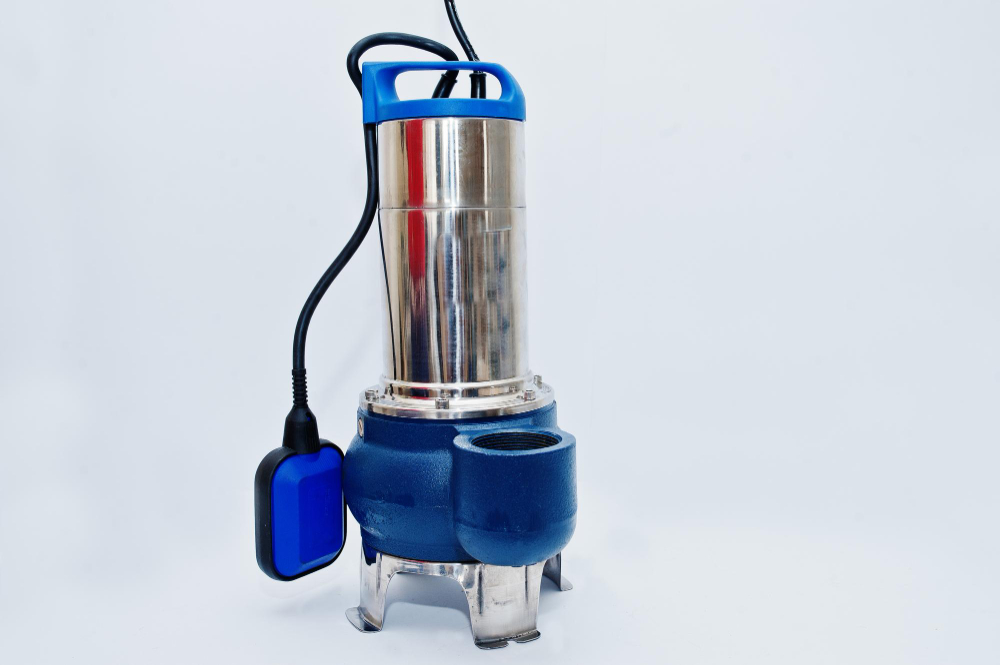




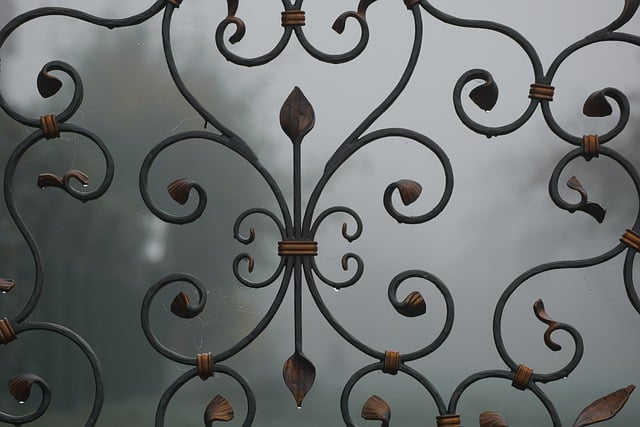
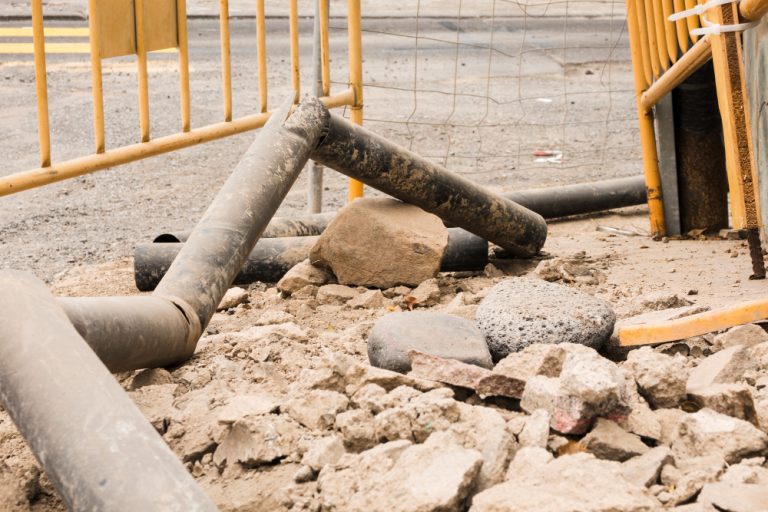
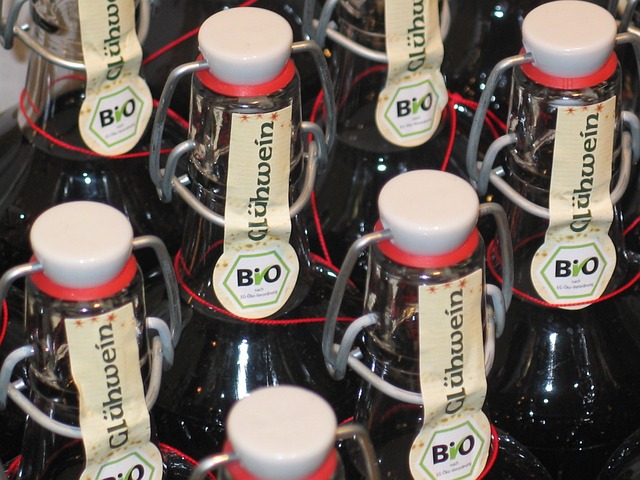


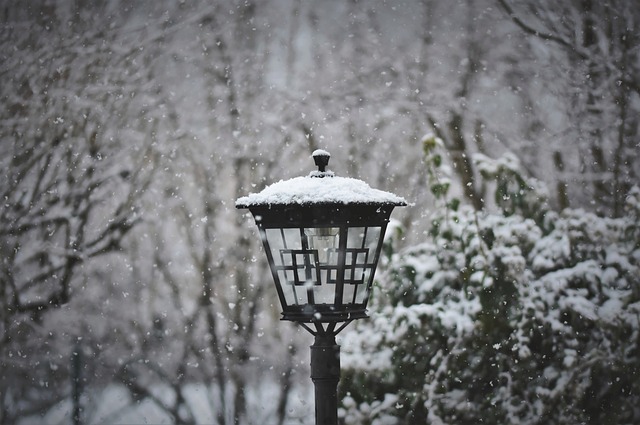
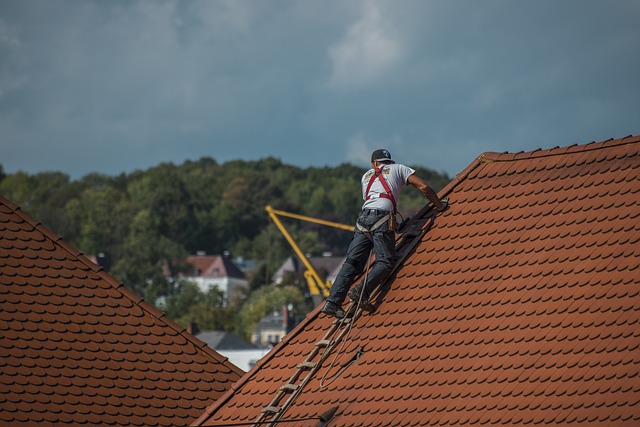

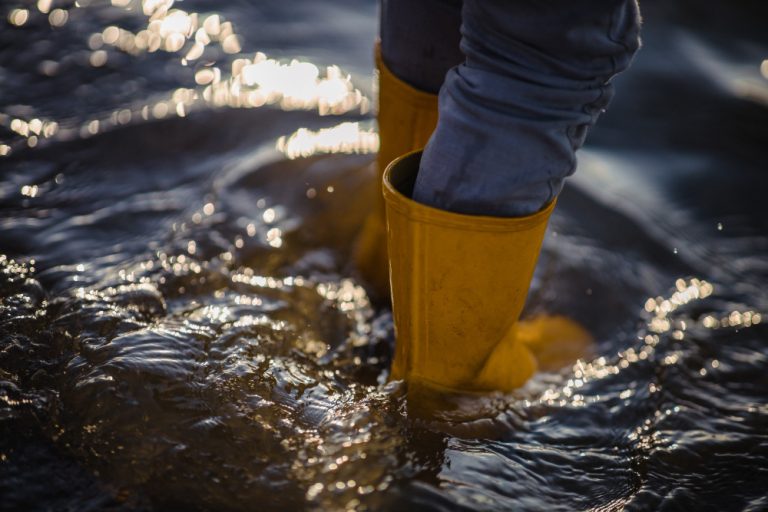
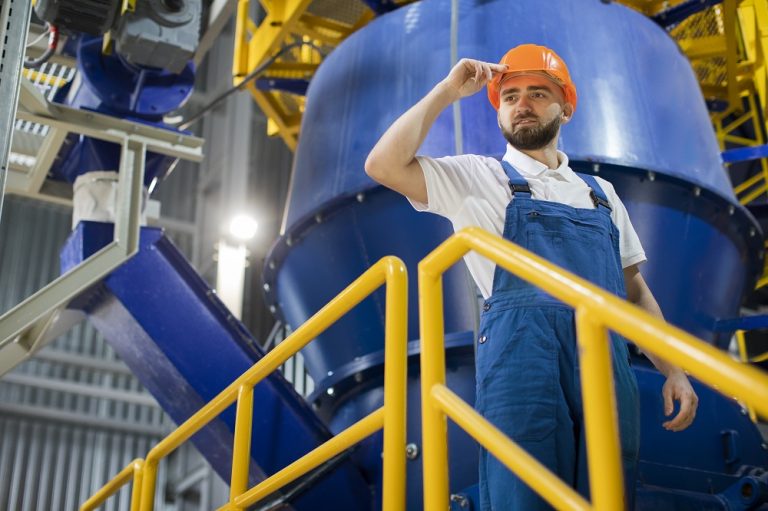
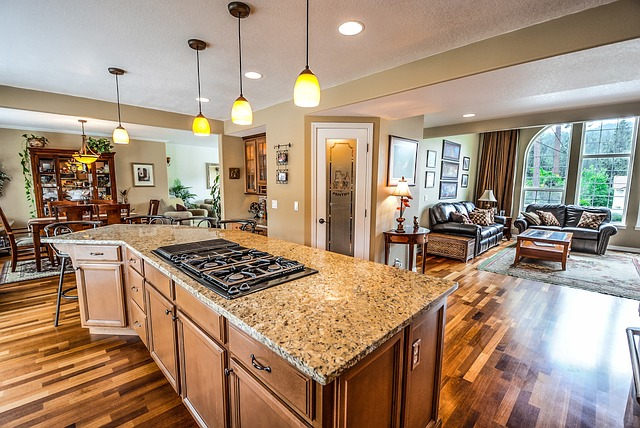
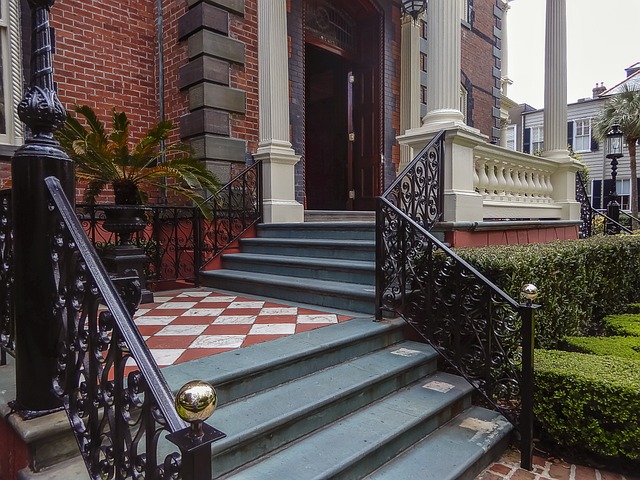
+ There are no comments
Add yours